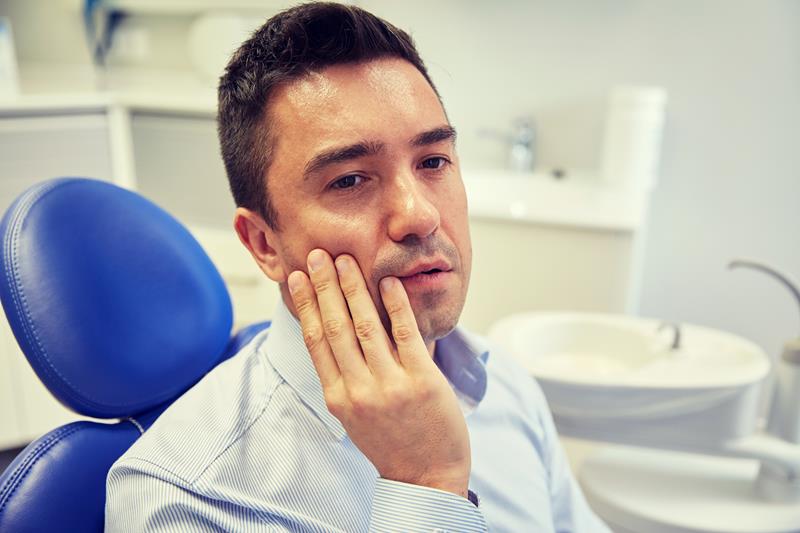
Root Canals in Phillipsburg, NJ
If you’re dealing with severe tooth pain, a root canal may be the best solution to save your tooth and relieve discomfort. At Alpine Dental Care, Dr. Patel provides expert root canal treatment for patients in Phillipsburg, NJ. This procedure can prevent the need for tooth extraction and restore the health of your tooth by removing infection and decay from inside the tooth.
Request an AppointmentWhat Is a Root Canal?
A root canal is a dental procedure that removes infected or damaged pulp from the interior of a tooth. The inside of the tooth is then cleaned, filled, and sealed to prevent further infection. This treatment is necessary when tooth decay or trauma reaches the tooth’s pulp, causing pain, swelling, or infection.
Benefits of Root Canals:
- Pain Relief: A root canal relieves the pain caused by infection or inflammation inside the tooth.
- Preserve Your Natural Tooth: Root canals allow you to keep your natural tooth, avoiding the need for extraction and replacement with a dental implant or bridge.
- Prevent Infection: By removing the infected tissue, a root canal prevents the spread of infection to surrounding teeth and tissues.
- Improved Oral Health: After a root canal, your tooth will function normally, allowing you to chew, speak, and smile without discomfort.
Why Choose Dr. Patel for Root Canals?
Dr. Patel is experienced in performing root canals using the latest dental technology, ensuring the procedure is as efficient and comfortable as possible. Our team is committed to providing personalized care and making sure you feel at ease throughout the process.
The Root Canal Procedure
- Diagnosis and Preparation: During your initial visit, Dr. Patel will take X-rays to assess the extent of the infection or damage. Local anesthesia is applied to numb the area, ensuring a pain-free experience.
- Removing the Infection: Dr. Patel will create a small opening in the tooth to access the infected pulp. The infected tissue is carefully removed, and the inside of the tooth is cleaned and disinfected.
- Filling and Sealing the Tooth: Once the tooth is cleaned, it will be filled with a rubber-like material called gutta-percha. The tooth is then sealed to prevent future infection.
- Crowning the Tooth: In most cases, a crown is placed over the treated tooth to protect it and restore its full function. Dr. Patel will ensure that the crown fits comfortably and looks natural.
FAQs
Q: Is a root canal painful?
A: Root canal treatment is performed under local anesthesia, making the procedure virtually painless. Most patients feel relief from the severe pain caused by the infection once the root canal is complete. Any post-treatment discomfort is typically mild and can be managed with over-the-counter pain medication.
Q: How long does a root canal take?
A: A root canal procedure usually takes one to two visits, depending on the complexity of the case. Each appointment may last between 60 to 90 minutes. Dr. Patel will provide a detailed treatment plan and timeline during your consultation.
Q: Can a root canal save a severely damaged tooth?
A: Yes, a root canal can save a tooth that has been severely damaged by decay or trauma, as long as the tooth’s structure is still intact. By removing the infection and sealing the tooth, a root canal can prevent the need for extraction.
Q: Will I need a crown after my root canal?
A: In most cases, a crown is recommended after a root canal to protect the treated tooth and restore its strength. Teeth that have undergone root canals are more fragile and prone to fracture, so a crown helps ensure long-term durability.
Q: How do I care for my tooth after a root canal?
A: After a root canal, it’s important to maintain good oral hygiene by brushing and flossing regularly. Avoid chewing on hard foods with the treated tooth until it is fully restored with a crown. Regular dental checkups with Dr. Patel will help monitor the health of your tooth.
Q: How successful are root canals?
A: Root canals have a very high success rate, with the majority of treated teeth lasting a lifetime. By addressing the infection promptly and following proper aftercare, you can expect long-term results from the procedure.
